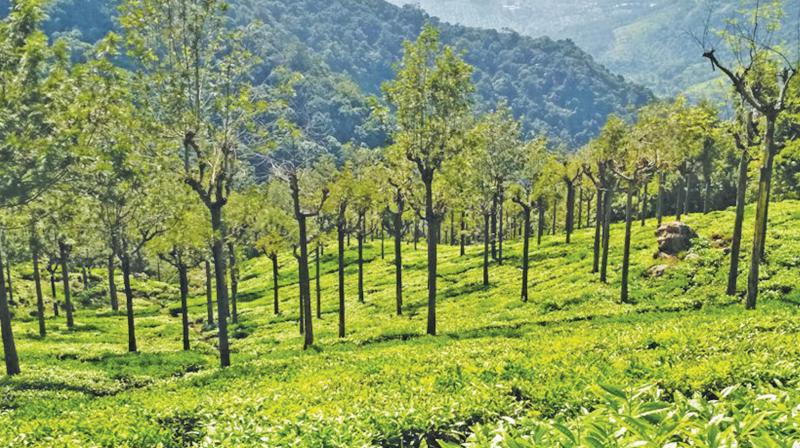Nilgiris small tea growers oppose RCEP agreement

Ooty: Small tea growers in the Nilgiris are opposed to the Centre's plan to join the Regional Comprehensive Economic Partnership (RCEP) trade agreement, as they fear that it will further bring down the prices of the Nilgiri tea.
Founder president, Nilgiris Nelikolu Micro and Small Tea Growers and Farmers Development Society, Hubathalai N. Sivan, said that the Government of India was planning an RCEP agreement with 16 member countries for free trade agreements which would pave the way for duty-free imports including CTC grade teas from emerging tea growing countries like Indonesia and South African countries.
Of late, due to labour shortage and higher production costs, many Indian entrepreneurs have started developing tea estates in these countries due to abundant labour force and cheap wages there. So, the cost of producing and bringing CTC tea to India for marketing is very competitive. This has a very big impact on the already ailing Nilgiris small tea growers. Hence, India should discuss this serious issue with small tea growers and finds ways for formulating sustainable developmental initiatives for the livelihood of small tea growers, he added.
The consultation process for RCEP needs to be more inclusive since India's small farmers' livelihood will be at stake if careful studies and actions are not taken now. Like the Indian dairy industry, the Indian tea industry is also going through bad times now, and will have serious problems and implications if India allows the tea industry in the RCEP.
Hence, the union commerce ministry and NITI-AAYOG should talk to the main small tea growers of the Nilgiris (85 percent of tea gardens are owned by them in the Nilgiris) and tea growers in the rest of India, before taking a final call on entering the RCEP agreement, he demanded.

